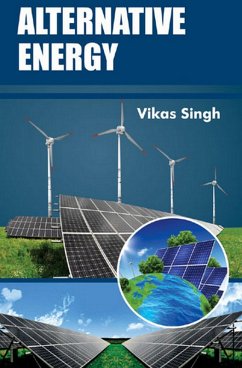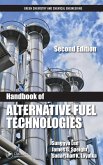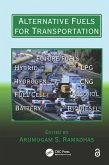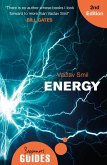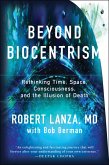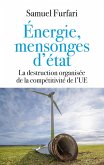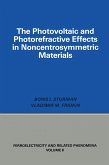Alternative energy refers to energy sources that have no undesired consequences such for example, fossil fuels or nuclear energy. Alternative energy sources are renewable and are thought to be free energy sources. They all have lower carbon emissions, compared to conventional energy sources. These include Biomass Energy, Wind Energy, Solar Energy, Geothermal Energy, Hydroelectric Energy sources. Combined with the use of recycling, the use of clean alternative energies such as the home use of solar power systems will help ensure man's survival into the 21st century and beyond. Renewable energy and alternative energy are often interchangeable, but they do have different meanings. Renewable energy comes from a replinishable energy source (it can never deplete). Electric energy that is generated from the sun (solar), the wind, the ocean (waves, currents or tides), the earth (geothermal), waste (biomass), landfill gas, or water (hydro power) is considered to be renewable energy. Renewable energy falls under the alternative energy umbrella because renewable fuel sources like wind and solar don't hurt the environment. This book would be an indispensable source of knowledge on the issue of alternate security and extremely helpful for policy makers academicians as well as researchers.
Dieser Download kann aus rechtlichen Gründen nur mit Rechnungsadresse in A, B, BG, CY, CZ, D, DK, EW, E, FIN, F, GR, HR, H, IRL, I, LT, L, LR, M, NL, PL, P, R, S, SLO, SK ausgeliefert werden.

